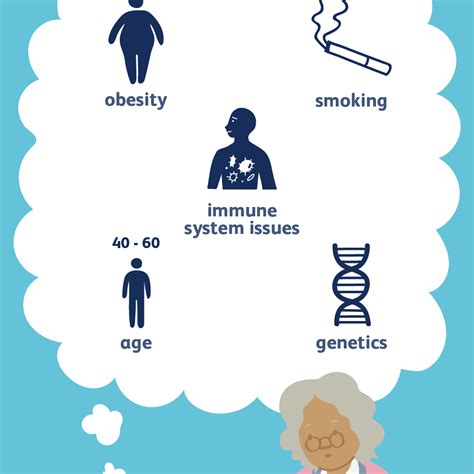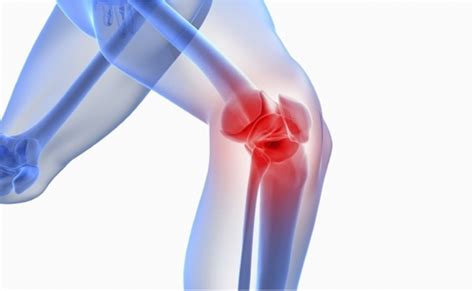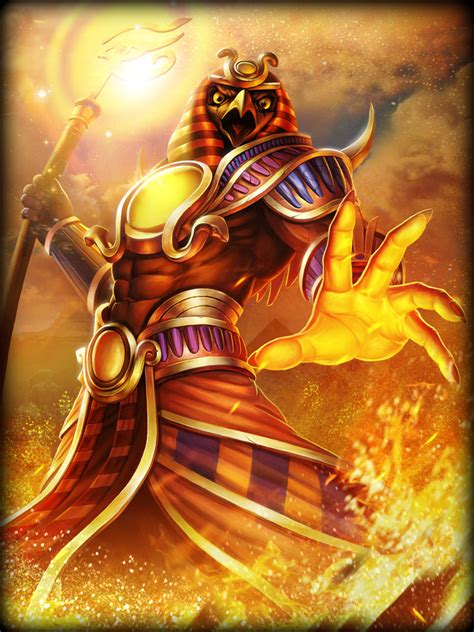The C1 atlas is a remarkable vertebra located at the top of our spinal column. Serving as the uppermost cervical vertebra, it plays an instrumental role in supporting the head and enabling various movements. But how does this vertebra function, and what happens when it faces injury?
The Anatomy and Function of the C1 Atlas
Named after the Greek god Atlas — who shouldered the weight of the heavens — the C1 atlas vertebra stands as the foundation upon which our skull rests. Unique in its structure, it does not possess a body or a spinous process, setting it apart from other vertebrae. Learn more about the C1 atlas spine injury here.
Superiorly, this vertebra forms a joint with the occipital condyles of the skull. Beneath it, C1 articulates with the C2 vertebra, ensuring a continuum of support. But it’s not just about support. Together with the C2 axis — the cervical vertebra just below it — the C1 atlas grants our heads the ability to nod and rotate, showcasing the marvels of human biomechanics.

The Human Spine: A Brief Overview
Our spine, a pivotal aspect of human anatomy, comprises thirty-three vertebrae. These are subdivided into:
Cervical Vertebrae (C1–C7): The neck region.
Thoracic Vertebrae (T1–T12): Corresponding to our upper back.
Lumbar Vertebrae (L1–L5): Found in the lower back region.
Pelvic Vertebrae: Consisting of five vertebrae fused as the sacrum and four fused as the coccyx.
For those keen on delving into the intricacies of vertebral column formation, embryogenesis presents a fascinating study. Discover more about congenital vertebral defects here.
Injuries to the C1 Atlas and C2 Axis
Accidents or trauma can sometimes lead to injuries in these vertebrae, bringing about a myriad of symptoms. Notably, symptoms can emerge from abnormal motion between the C1 and C2 vertebrae, potentially causing stretching or compression of the spinal cord.
Hyperextension Injury: This involves a fracture through the anterior arch and is categorized as stable.
Hyperflexion Injury: Classified into types, such as Type 2 and Type 3. The stability of these injuries often depends on the integrity of the transverse ligament.
Explore the Jefferson classification for a deeper understanding of these injuries.
Significance of Vertebrae Location on Injury Impacts
Where the injury occurs on the spinal column determines its severity. For instance, injuries to C1 or C2 impact respiratory muscles and breathing capability. In essence, the higher the injury on the spinal column, the more challenges an individual may face, especially in children whose bones are softer at birth. Delve into the effects of acute spinal cord injuries in children here.
The Marvel of Spinal Motion
Owing to its design, the cervical spine can execute extremely intricate patterns of motion. Enhancing our comprehension of these movements can be achieved by dividing the cervical spine into two complexes:
Upper Complex (C0, C1, and C2): Known as the occipital-atlanto-axial joint.
Lower Complex (C3-C7): Refers to the typical cervical vertebrae.
For an immersive exploration of the biomechanics of the cervical spine, visit this comprehensive guide.
In conclusion, understanding the anatomy and function of the C1 atlas not only satiates our curiosity about the human body but also underscores the importance of safeguarding our spine against potential injuries.


